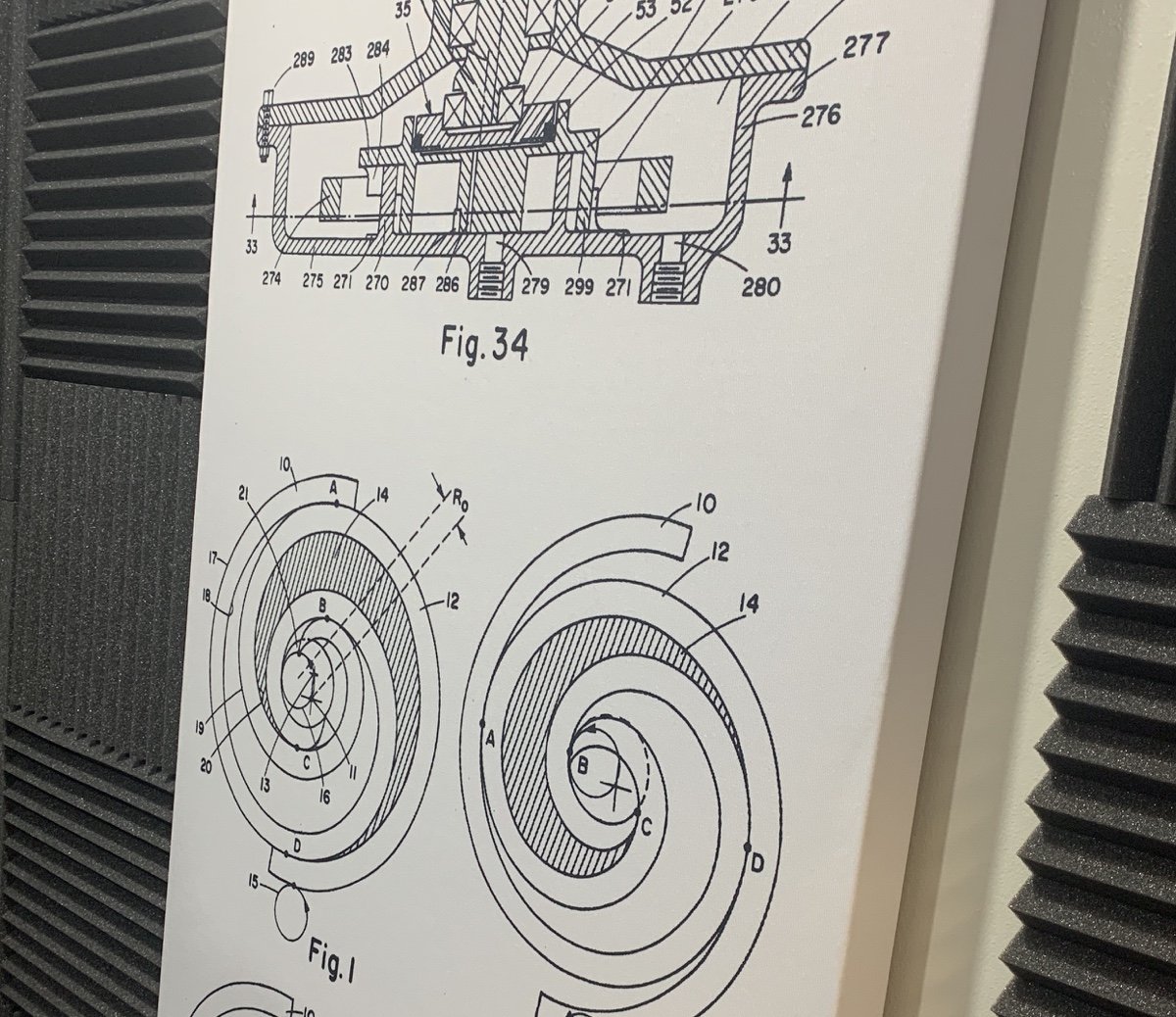Get Tech Tips
Subscribe to free tech tips.
False Negatives on One Capacitor Test
I have spent the last few days checking run capacitors on various systems with several different meters, and this is what I found:
#1 – Comparing Start wire amps against Run + Common under the clamp together is meaningless as a practical test.
I used this test on 3 different systems with 3 different meters and came to the same conclusion. Whether the capacitor was way too large, way too small, or the right size, the test made no repeatable difference in the reading no matter how we read it.
Even if this is a valid test (which I cannot confirm at this time), the difference is within the uncertainty tolerance of the meter, so it's not useful for field testing.
#2 – The under load test does work (if your meter works)
Reading the amps at the herm (compressor start wire) terminal, multiplying by 2652, and dividing by the start voltage (herm to c) on the capacitor does work consistently on the compressor and the fan motor. However, some meters are less accurate at lower amperage readings, so that may make a slight difference.
#3 – Power Factor works as a test, but it's a small change
I tested several systems with the Testo 770-3 in power factor mode by installing too large and too small capacitors. The power factor did decrease in all cases when the incorrect size was installed, but in some cases, the difference was very slight (from 1 to .99 with a 15 mfd too small run capacitor in one case). That means that while it is a valid and useful test, it may not be sensitive enough to verify that a capacitor is slightly outside of allowable specs.
—Bryan












Comments
Hi Bryan, where does the 2652 factor originate from? Does this factor change if you are on 240VAC &50Hz frequency? Is the herm to C voltage is the back EMF voltage created within the start winding?
Hi Bryan, where does the 2652 factor originate from? Does this factor change if you are on 240VAC &50Hz frequency? Is the herm to C voltage is the back EMF voltage created within the start winding?
Thanks for your publication on the travel industry. I’d also like contribute that if your senior thinking about traveling, it really is absolutely imperative that you buy travel cover for elderly people. When traveling, retirees are at high risk of experiencing a health-related emergency. Obtaining the right insurance plan package for one’s age group can look after your health and provide you with peace of mind.
Thanks for your publication on the travel industry. I’d also like contribute that if your senior thinking about traveling, it really is absolutely imperative that you buy travel cover for elderly people. When traveling, retirees are at high risk of experiencing a health-related emergency. Obtaining the right insurance plan package for one’s age group can look after your health and provide you with peace of mind.
I just added this blog to my rss reader, excellent stuff. Cannot get enough!
I just added this blog to my rss reader, excellent stuff. Cannot get enough!
To leave a comment, you need to log in.
Log In